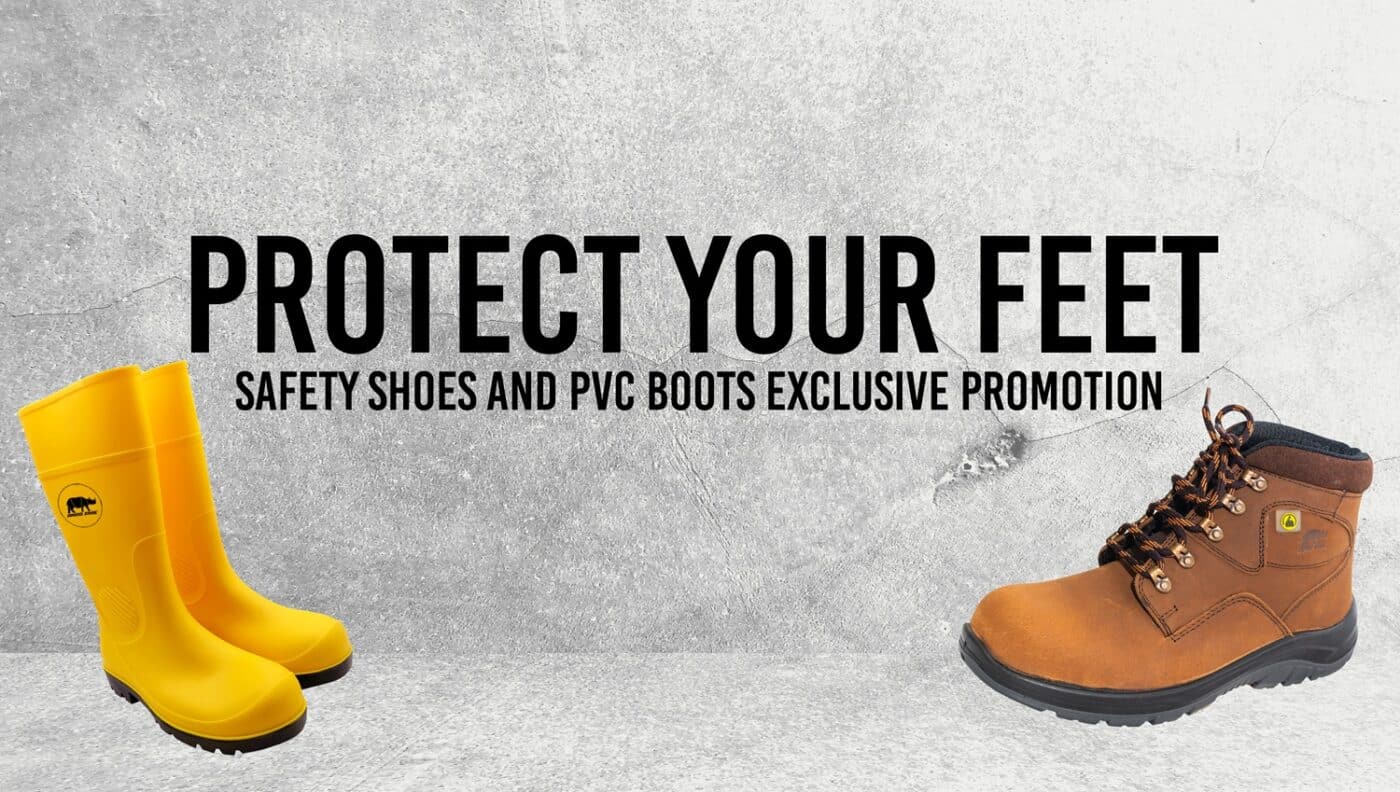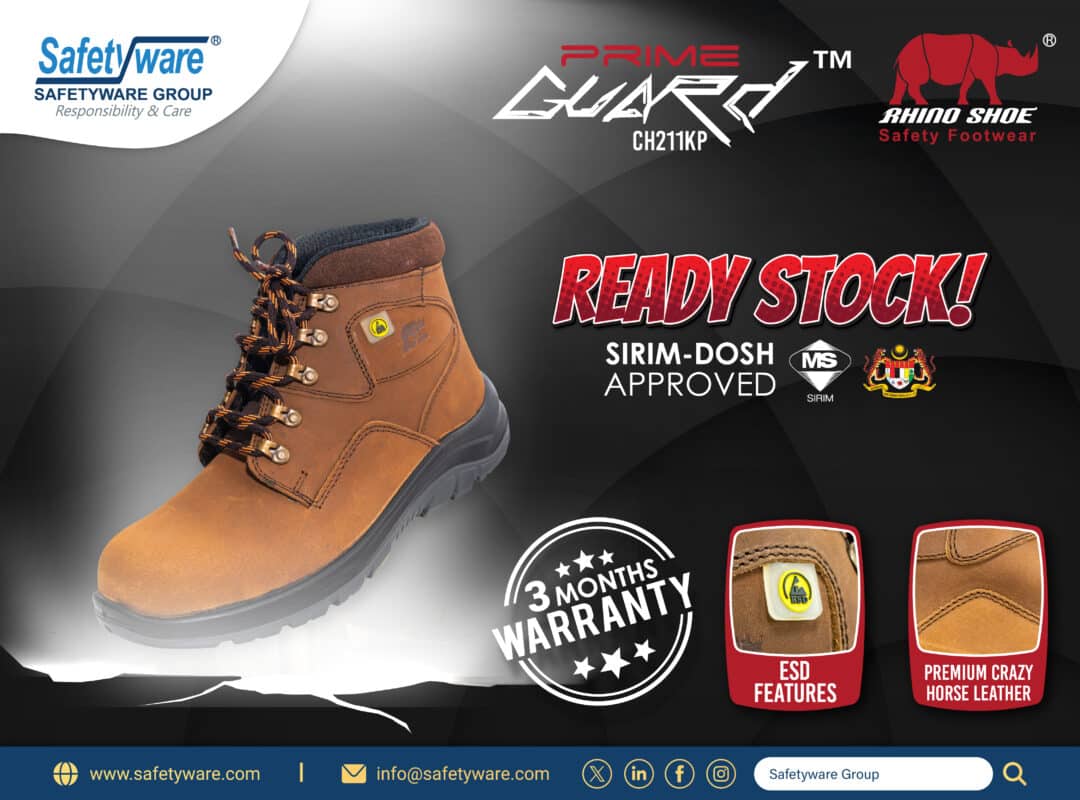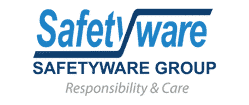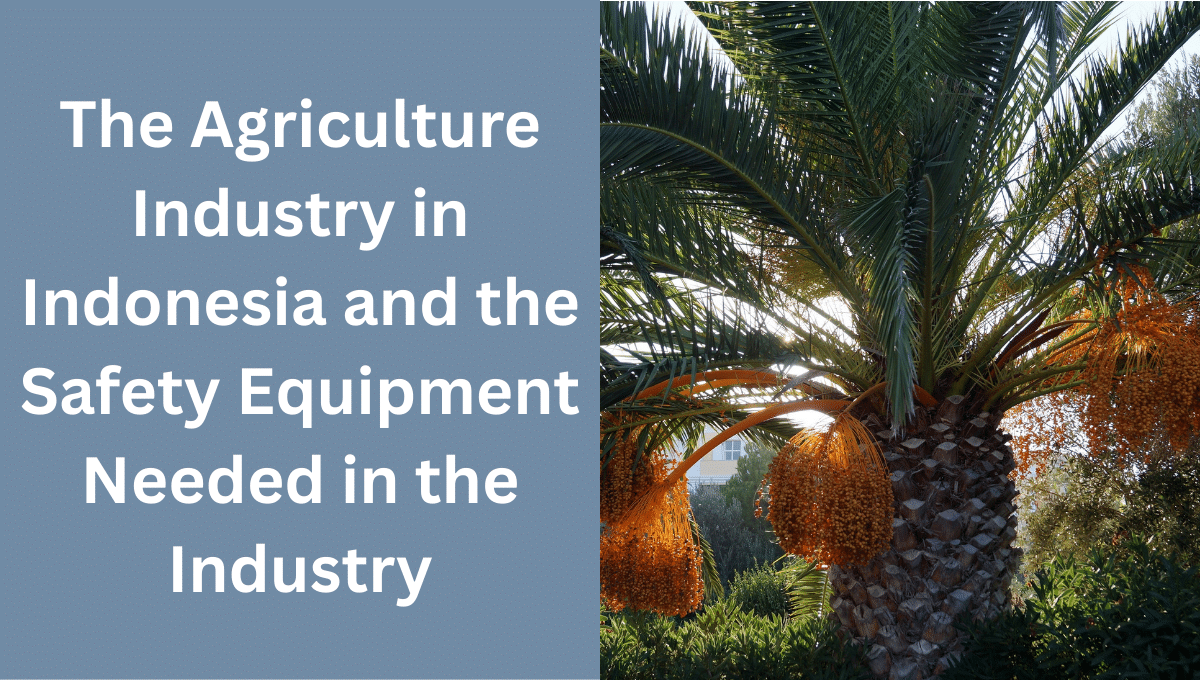🌱 Overview of Indonesia’s Agricultural Landscape
Indonesia’s agricultural sector is a cornerstone of its economy, employing approximately 41% of the nation’s workforce and contributing significantly to rural livelihoods. The country is a global leader in the production of various commodities, including:
- Palm Oil: Indonesia is the world’s largest producer and consumer.
- Rice: Ranking third globally, with 83 million tons produced in 2018.
- Coconut: Leading global production with 18.5 million tons.
- Natural Rubber: Second-largest producer, just behind Thailand.
- Coffee and Cocoa: Among the top producers worldwide.
This diverse agricultural output underscores the sector’s importance in ensuring food security and supporting economic development in Indonesia.
🛡️ Occupational Safety in Agriculture
Agriculture, while vital, is also one of the most hazardous industries globally. Workers face numerous risks, including:
- Machinery Accidents: Injuries from tractors and other equipment are prevalent.
- Chemical Exposure: Pesticides and fertilizers can lead to poisoning and long-term health issues.
- Environmental Hazards: Prolonged sun exposure and exposure to dust and allergens.
- Physical Strain: Musculoskeletal injuries from repetitive tasks and heavy lifting.
In Indonesia, the Ministry of Manpower (Kementerian Ketenagakerjaan) is responsible for enforcing occupational safety and health regulations. However, challenges remain in ensuring compliance and providing adequate protection for all workers.
🧰 Essential Safety Equipment in Indonesian Agriculture
To mitigate these risks, the following Personal Protective Equipment (PPE) is crucial for agricultural workers:
1. Protective Clothing
- Long-Sleeved Shirts and Pants: To shield the skin from sun exposure, pesticides, and plant irritants.
- Waterproof Gear: Essential for workers handling chemicals or working in wet conditions.
2. Respiratory Protection
- Face Masks and Respirators: To protect against inhaling dust, chemicals, and allergens.
3. Hand and Foot Protection
- Gloves: To prevent chemical burns, cuts, and abrasions.
- Safety Boots: To protect against sharp objects, heavy equipment, and slippery surfaces.
4. Eye and Hearing Protection
- Safety Goggles: To shield eyes from chemical splashes and debris.
- Ear Protection: Necessary when operating loud machinery to prevent hearing loss.
5. Head Protection
- Helmets or Caps: To protect against falling objects and sun exposure.
Enhancing Agricultural Safety with Rhino Shoes

In the demanding agricultural sector of Indonesia, where workers face diverse challenges—from navigating wet terrains to handling heavy equipment—choosing the right protective footwear is paramount. Rhino Shoes by Safetyware stand out as an ideal choice for this environment. The RHINO SHOE WB500 PVC Boots, for instance, are crafted from premium virgin PVC, offering superior waterproofing and resistance to oils and chemicals, ensuring feet remain dry and protected in muddy or irrigated fields.

Additionally, the boots feature antistatic properties and a robust outsole, providing excellent traction on slippery surfaces, reducing the risk of slips and falls.

For tasks involving exposure to sharp objects or heavy machinery, models like the RHINO SHOE CH211KP Premium Safety Shoes are equipped with steel toe caps and anti-penetration midsoles, safeguarding against impacts and punctures. With certifications from international safety standards such as EN ISO 20345 and SIRIM, Rhino Shoes deliver both comfort and compliance, making them a trusted choice for agricultural professionals seeking reliable and durable footwear
🌾 Advancements in Agricultural Technology and Safety
Indonesia is embracing technological innovations to enhance both productivity and safety in agriculture:
- AMMDes (Alat Mekanis Multiguna Pedesaan): A rural multipurpose mechanical tool designed to assist in various agricultural tasks, reducing manual labor and associated injuries.
- Unmanned Aerial Vehicles (UAVs): Used for spraying pesticides and monitoring crop health, minimizing direct exposure to chemicals and improving efficiency.
📝 Conclusion
The agricultural sector in Indonesia is pivotal to the nation’s economy and food security. Ensuring the safety of its workforce through proper equipment and adherence to safety regulations is essential. By investing in protective measures and embracing technological advancements, Indonesia can build a more sustainable and safer agricultural industry for the future.
Stay safe, stay informed—explore Safetyware’s solutions today.
For more updates on safety news and insights, visit our website at Safetyware.
Any Questions? Contact Us:
📩 Email: [email protected]
🌐 Website: www.safetyware.com
📞 Contact us: WhatsApp

